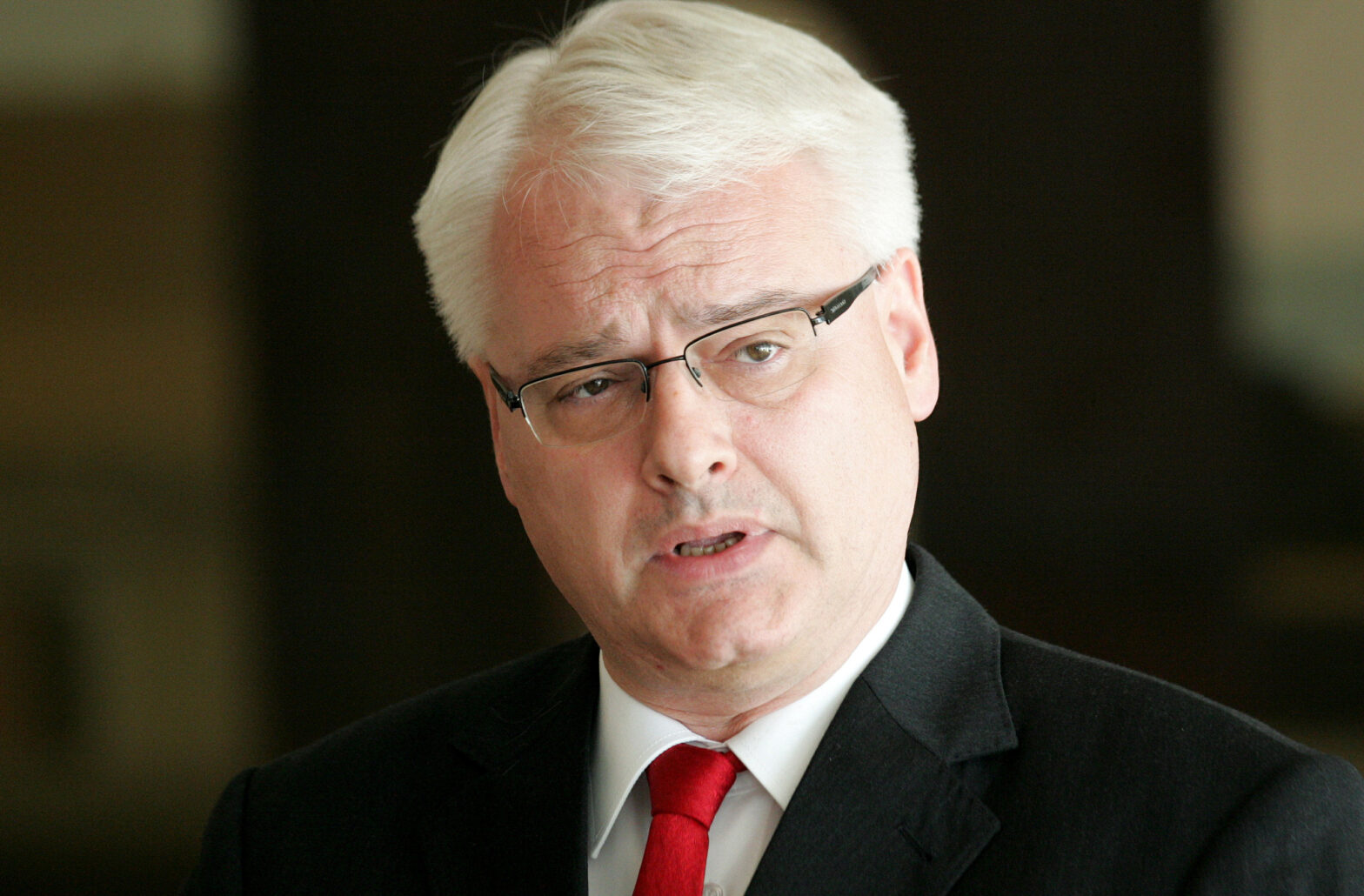Elections for the European Parliament should be separated from local elections to avoid the possible miscommunication of pre-election messages to the citizens, representatives of GONG warned the President Ivo Josipović, who began consultations on the date of the euro-elections.
At the end of the week Croatian citizens should know the date of the first elections for the European Parliament. Consultations on the date of the euro-elections began yesterday at the Presidential Palace, where the president Ivo Josipović, who calls elections, started talks with all stakeholders, including GONG. Here are the digest arguments that GONG shared with the President:
· The EP elections inaugurate an entirely new election model – very innovative in the Croatian context – preferential voting, which might, if applied properly, shift some power from political party leaders to voters/citizens in deciding upon MEPs and contribute to the renewal of trust and interest in representative democracy.
· For that to happen, the election campaign should enable individual candidate profiling, as well as informing the voters about the new model. Both of these prerequisite will be hindered, if not fully disabled, by merging the local elections with the EP elections. Namely, three different election models will be presented to the voters with (majority first-past the post-election of mayors, proportional system for local councils and preferential voting for MEPs.)
· In the mess of pre-election messages, the most likely sacrifice will be the marginalization of EU issues, which is a shameful continuation of a lack of true communication including critical discussions on the role of Croatia in the EU, as well as its policy-making potential, in the context of many challenges posed by the economic and social crisis throughout the continent, not to mention the chronic lack of basic knowledge on the mandate of EU institutions among Croatian citizens. After a full decade of accession where most information was detached from daily lives and all the law-making was a matter of utmost urgency, we believe that the Croatian citizens deserve three weeks of public and political focus on Croatia’s future in the EU, even if it costs extra money. Especially in light of the hasty EU referendum and the appalling lack of communication on EU in the following months.
· We could expect low turn-out, but in any case since the local elections turn-out is 45 percent (much lower than parliamentary elections of around 60 percent), which was the level of EU referendum turn-out which we criticized. But at least those 45 percent of voters who turn out at EP elections will be focused on EU issues, and might benefit in terms of knowledge and sense of control over the election process.
· Money should not be the issue at stake here and it is a shame if the Government did not plan the funds for EP elections. What is at stake is credibility of a new political representation mechanism at the EU level, which should not be devalued from the very start.
